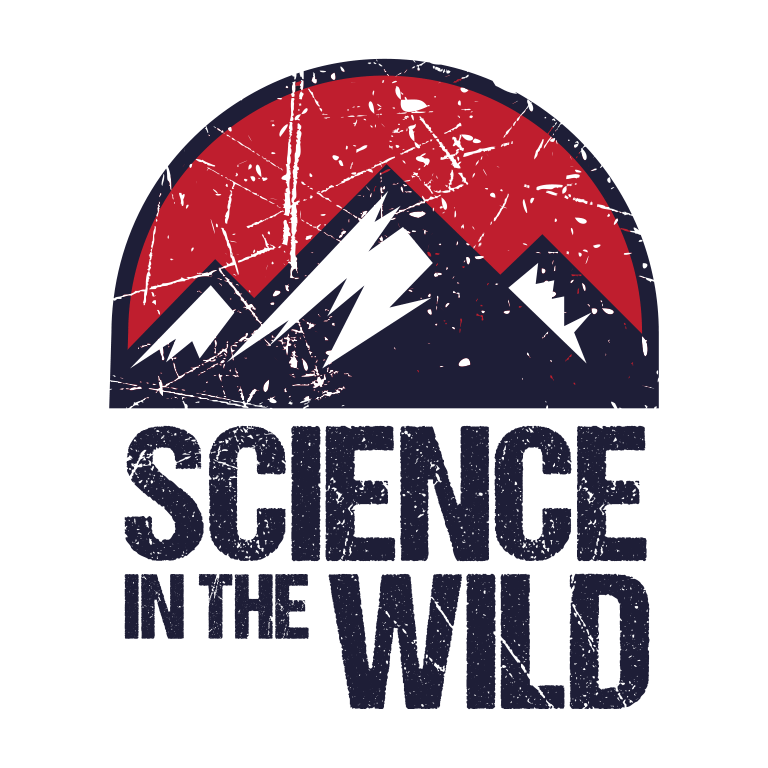Tis the season! For science fairs, that is. Springtime is science fair season, when thousands of students across the country, from elementary to high school, compete in regional, state, national and international fairs. In fact, I’m writing to you right now from Atlanta, Georgia, where the 2022 Regeneron International Science and Engineering Fair (ISEF) is taking place, bringing together students from not only across the US but 75 countries from around the world as well. I’m an alumna of ISEF (back then, hosted by Intel), having competed from 2000 – 2003. Now, in 2022, I have been invited to speak on a panel about innovation and impact. ISEF was a very memorable and impactful time in my life: I met students from around the world, learned how to communicate my science, free from jargon (because, as a kid, you definitely don’t understand a lot of the vocab), and won some awards that helped me to afford going to Rice University in Houston, TX for college. My mentor, the late astrophysicist and author, Dr. Robert L. Forward, helped me throughout my high school years, reminding me always about the importance of the PROCESS of science. This discovery process was key because that’s what instills a lifelong appreciation and understanding of science. As Einstein said, our science, measured against reality, may be primitive, but it’s the most precious thing we have.
While science fairs can be stressful and competitive, it is my hope that the students competing this year realize how important their journey has been to this point. Science fairs are evolving in modern times, where it’s not so much pitting students against one another for awards, but judging students on how well they’ve mastered the scientific process and awarding them accordingly not just with the standard 1st, 2nd and 3rd places, but awards recognizing innovation, talent, and creativity in science and engineering as well. Scholarships can be life-changing, as they were for me. You probably remember the scientific method back in grade school as pretty boring and formulaic: identify a question, develop a hypothesis (best guess as to the answer), create experiments to test your hypothesis, make observations, draw conclusions. In reality, science isn’t so linear. Sometimes, scientists are content to just make observations over time and see how an answer to a question they may have never even considered reveals itself. When doing my PhD work in the Himalaya, I had a certain idea of what I wanted to test, but looking at time-lapse imagery of Himalayan glacial lakes changing, changed the question.
Science is a beautiful evolving process that slowly, with better technology, reveals the answers to the mysteries of the universe. As a kid, I was in constant awe of the natural world. As an adult, not much has changed. Science is, sadly, a subject that often times is not taught well at the elementary and middle school levels – when a lot of interest is eventually lost and a science fair project is seen as a burden – something that has to be done for a grade or with the motivation simply for awards. The talented and motivated students I’m seeing here at ISEF are impressive and I can see them changing the world. It’s also important to realize that all of us have much to learn from and appreciate due to science. Science makes the modern world go round – from all the technology that we love so much (smartphones, GPS), to modern medicine that we depend upon. A scientifically literate world is a more realistic, content, and healthier world.
photo: U. Peña, at the 2022 Regeneron ISEF in Atlanta, GA

